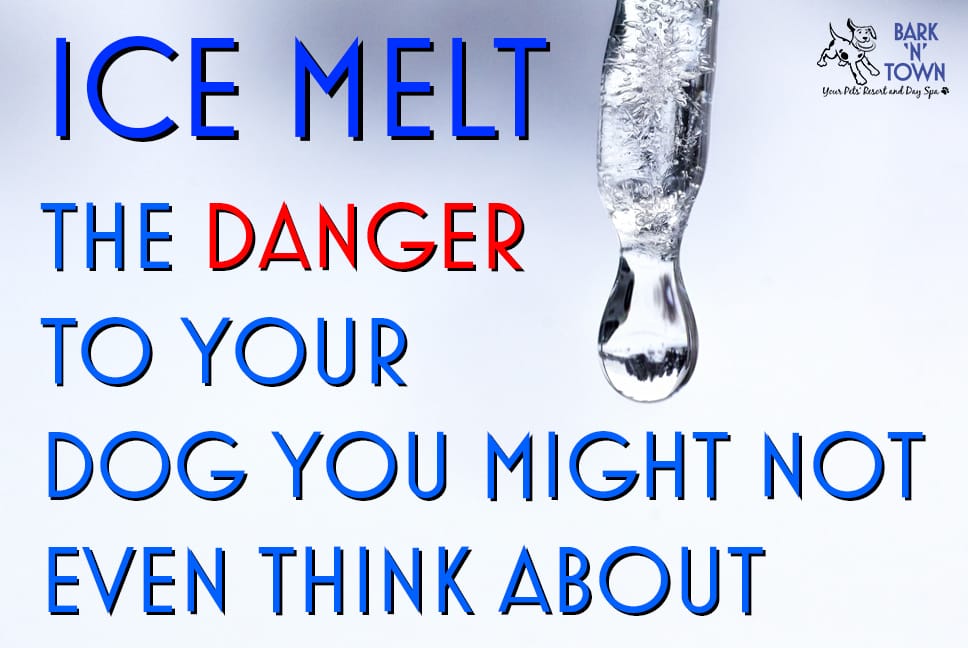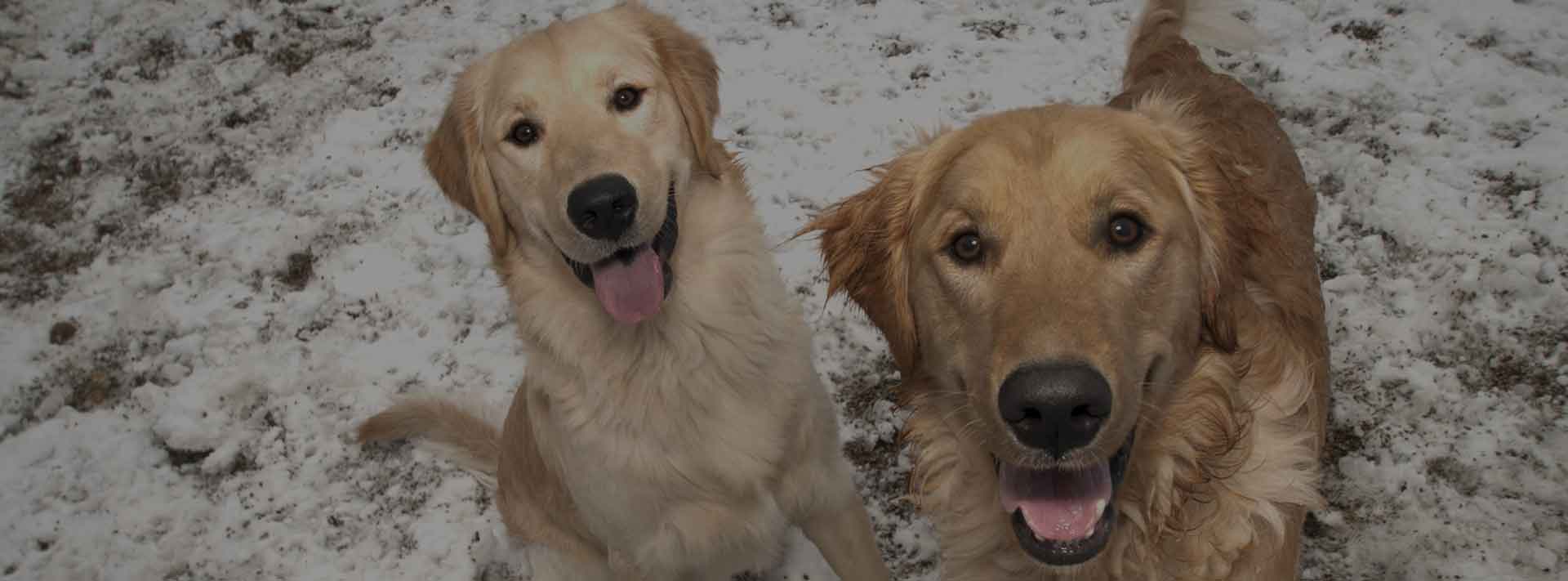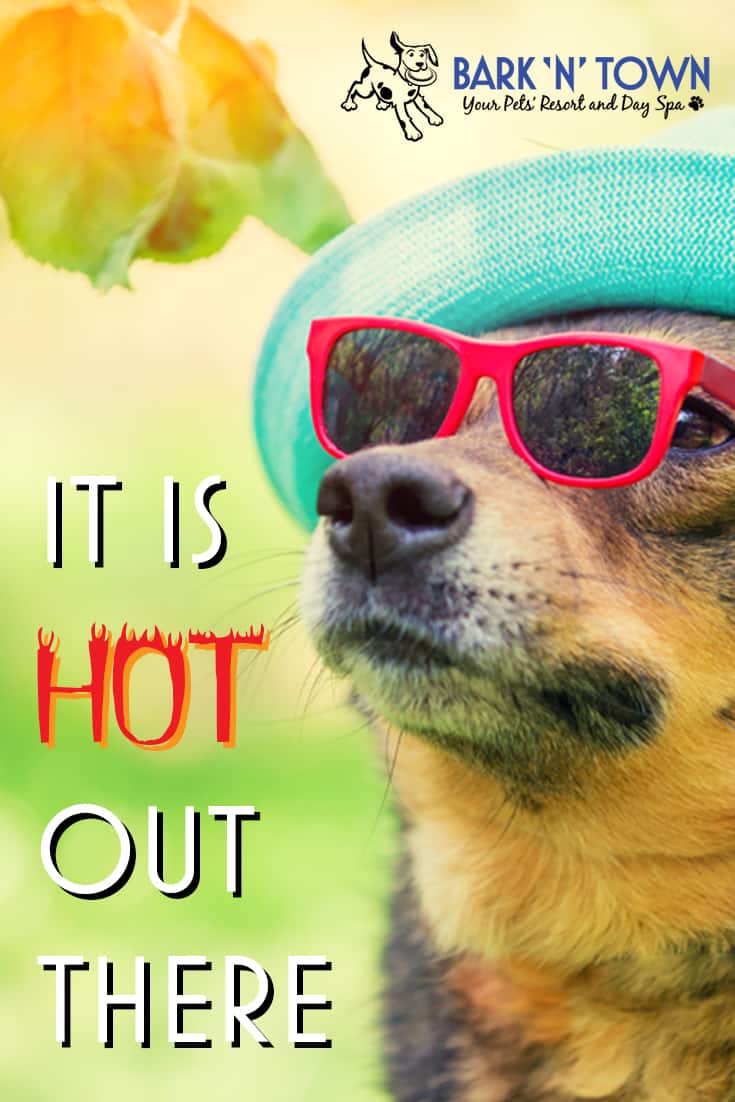
Winter is here!
Like it or not, winter is here and that means a couple things; cold temperatures, snow, and ice. Now a lot of dogs (and people too I suppose) LOVE to play outside in the snow over winter. But did you know that there is a danger lurking outside during winter you might not know about? When ice forms a lot of people tend to spread ice melt, or salt as it is commonly referred, to help get rid of slippery patches. This stuff is great and works wonderfully, however it’s not always safe for Fido…
The Dangers of Ice Melt
Traditional ice melt products work very well doing what they do, melting ice. However, some of the chemicals they contain can cause issues with dogs. These chemicals are: Sodium Chloride, Potassium Chloride, Magnesium Chloride, Calcium Salts, and Urea.
Most of these in small doses will cause things such as an upset stomach, vomiting, diarrhea, or irritate a dog’s skin. In larger doses these could cause more severe reactions.
One thing to note is Urea based salts are the ones usually labelled “safe for pets” or something similar. These salts cause the least reaction but should still be used in moderation around pets as too much can cause issues.

What to do about ice melt
There are several things you can do to help your dog avoid the dangers of ice melt. The first a biggest thing you can do is to use the minimal amount you can on any ice you need to get rid of. This reduces the risk of your dog consuming too much salt.
Another thing to do is wash your pet’s paws after they go outside near ice melt. Some ice melts can cause irritation on a dog’s paws after they walk over it. This might make the dog lick their paws, and therefore consume a small amount of the ice melt. If washing your dogs paws seems like a lot, you can always get your dog a pair of dog socks or boots.
Also be sure to watch out as it begins to warm up outside, as ice melts the puddles of water left behind can contain ice melt. DO NOT let your dog drink out of a puddle, it is not as obvious to a dog that they are consuming more than just water.
Finally, it is recommended that you get a pet friendly ice melt to use around your house to even further help reduce risks of issues with your dog.

What if my dog does get into some ice melt?
Get in touch with your veterinarian as soon as possible. They can help you determine a course of action to deal with the ice melt consumption.
Don’t get caught up in winter!
Summertime is a ways away. However, you should check out our blog post about the dangers of summertime heat and dogs. It’s important to be aware and know how to deal with any issues that may come up as a pet owner!


Thanks for the info about ice melt.I know my dogs are worth the extra work to keep them safe and healthy